The Child Health Equity Center has conducted extensive groundwork to develop, implement, and test the WE CARE social care model, a family-centered system for screening and referral to address adverse social determinants of health in clinics nationwide.
In 2005, Founding Director Arvin Garg, MD, MPH, developed an easy-to-use screening tool called WE CARE (Well Childcare visit, Evaluation, Community Resources, Advocacy, Referral, Education) to help identify patients’ needs.
The WE CARE social care model relies on existing clinical processes and infrastructure and social service resources, thereby making implementation, dissemination, and sustainability feasible.
WE CARE intervention includes:

patients screened
clinics implemented screening
UMass Memorial Health system (the 3rd largest health system in Massachusetts) has implemented WE CARE in the outpatient and inpatient settings.

Since 2007, WE CARE has exerted a significant, sustained, and powerful influence on the field of social determinants of health interventional research and advancing health care delivery.
Our work is simultaneously informing child health policy and actively advancing the evidence base for the impact of social determinants of health screening and referral systems on the health and well-being of children and adults.
While we have made significant progress, we are continually learning about new ways to optimize the intervention so that it better supports our patients and community and advances health equity.
Our long-term goal is to continue refining, optimizing, implementing, evaluating, and disseminating an evidence-based WE CARE social care model that systematically addresses adverse social determinants of health in the healthcare setting and beyond.
To continue this work, we need your help.


WE CARE has succeeded because the model is simple, easy to implement and sustain, and it works — which makes patients, families, providers and staff happy.
Common themes from clinical staff focus groups revealed that WE CARE is “simple to do” and that it is “much better than the previous standard of care.” Providers commented that they are “catching more families who have unmet basic needs.”
As we continue expanding WE CARE to new clinics, it is critically important that we have adequate funding to support effective, sustainable implementation and evaluation.
If you are interested in transforming the lives of patients and families, please support our WE CARE work.



In the initial WE CARE pilot randomized controlled trial conducted in a large urban primary care clinic (n=200), compared with controls, parents who had WE CARE received more referrals (51% vs. 12%) and contacted more community resources (20% vs. 2%) — most commonly for job training, food, and childcare.
Our team then tested the effectiveness of WE CARE within a cluster randomized controlled trial of eight pediatric primary care clinics in community health centers in Boston, Massachusetts. A markedly higher proportion of WE CARE caregivers received at least one referral for an adverse social determinant of health compared with control caregivers (70% vs. 7%).
Referrals led to the increased receipt of community resources. After six months (n=271), there was a 15% absolute difference in receipt of new resources between experimental and control parents (39% vs. 24%).
WE CARE parents had significantly greater odds of being enrolled in fuel assistance, childcare, and job training, and lower odds of being in a homeless shelter.
Based on these results, the American Academy of Pediatrics (AAP) has cited WE CARE as an evidence-based social determinants of health intervention.
Our team is further expanding the use of WE CARE into pediatric outpatient clinical settings, including more than 20 outpatient pediatric primary care practices, hematology clinics that care for children with sickle cell anemia, family medicine clinics and neonatal intensive care units.


Parties interested in implementing WE CARE in their facility can complete the form below to gain access to WE CARE materials and set up a consultation with us.
Land Acknowledgement: The Child Health Equity Center acknowledges that our physical office space is located on the unceded ancestral lands of the Nipmuc people. Many members of the Nipmuc Nation remain in Central Massachusetts and carry on their sacred mission to preserve and promote the culture, language, and values of the Nipmuc people.



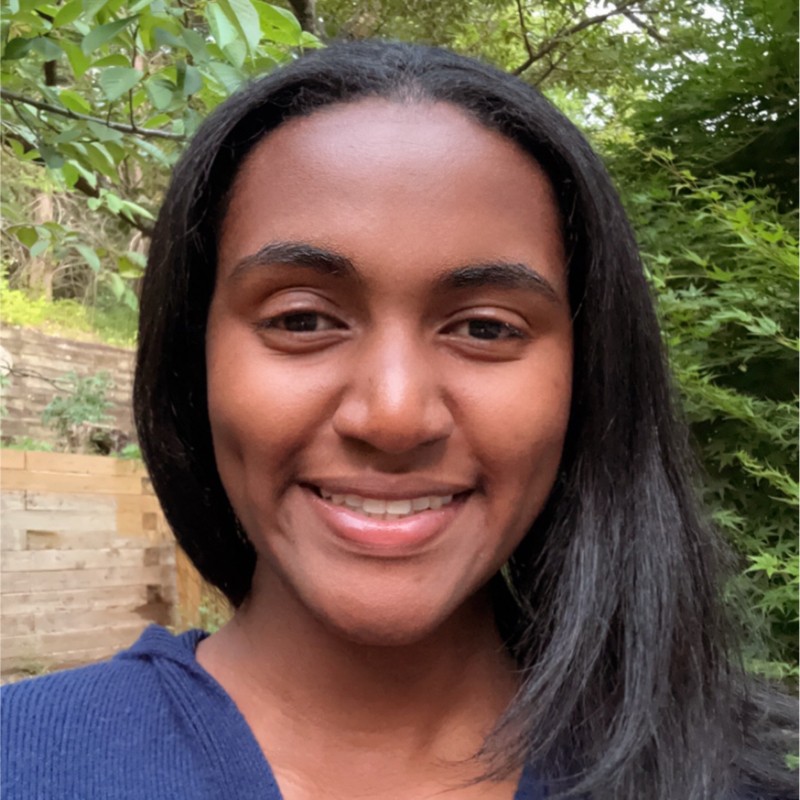
Maia Archer graduated from Boston University with her B.A. in Biology, double minoring in French and Public Health. She is an intern for the Child Health Equity Center primarily assisting with the Pilot Lyft Transportation Program and Food is Medicine Program. Maia will be continuing her academic journey at George Washington University to receive her Masters in Public Health with a concentration in Health Promotion.

Maia Archer graduated from Boston University with her B.A. in Biology, double minoring in French and Public Health. She is an intern for the Child Health Equity Center primarily assisting with the Pilot Lyft Transportation Program and Food is Medicine Program. Maia will be continuing her academic journey at George Washington University to receive her Masters in Public Health with a concentration in Health Promotion.
Monick Powell, C-TAGME, is the Pediatric Training Program Coordinator at UMass Chan Medical School and UMass Memorial Children’s Medical Center. She acts as Coordinator for the Program to Advance Training in Child Health Equity (PATH) Fellowship. She was born in Puerto Rico, grew up in New York, and has been working at UMass since 2004 in various positions in Pediatrics. Ms. Powell established and leads the institutional Training Programs Coordinator Advisory Committee.
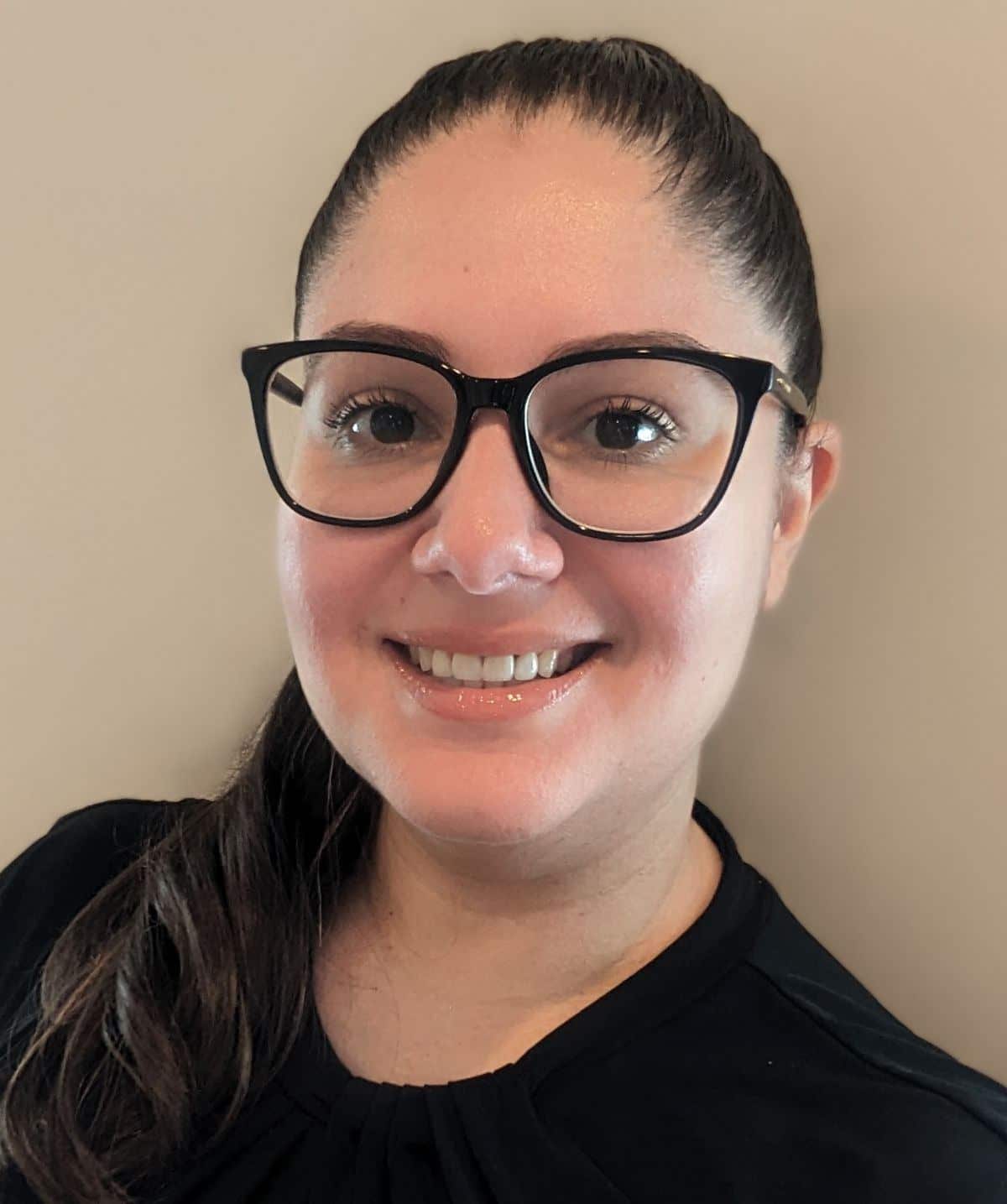
Monick Powell, C-TAGME, is the Pediatric Training Program Coordinator at UMass Chan Medical School and UMass Memorial Children’s Medical Center. She acts as Coordinator for the Program to Advance Training in Child Health Equity (PATH) Fellowship. She was born in Puerto Rico, grew up in New York, and has been working at UMass since 2004 in various positions in Pediatrics. Ms. Powell established and leads the institutional Training Programs Coordinator Advisory Committee.
Larry Rhein, MD, MPH, joined the faculty at UMass Chan Medical School in June 2016. He is an Associate Professor of Pediatrics and Chair of the Department of Pediatrics. Dr. Rhein is board-certified in both pediatric pulmonology and neonatology. He is a health services researcher with a focus on respiratory outcomes of neonatal lung disease and is a national expert on lung disease of prematurity. Dr. Rhein runs a research program focused on optimizing respiratory status in infants with severe lung diseases, particularly infants who are technology- or oxygen-dependent. He has pioneered several protocols for safe outpatient oxygen weaning, which allows infants to be discharged from the neonatal intensive care unit much earlier. Through clinical trials and analysis of physiological data, Dr. Rhein hopes to develop new strategies to prevent and treat neonatal and pediatric lung disease.
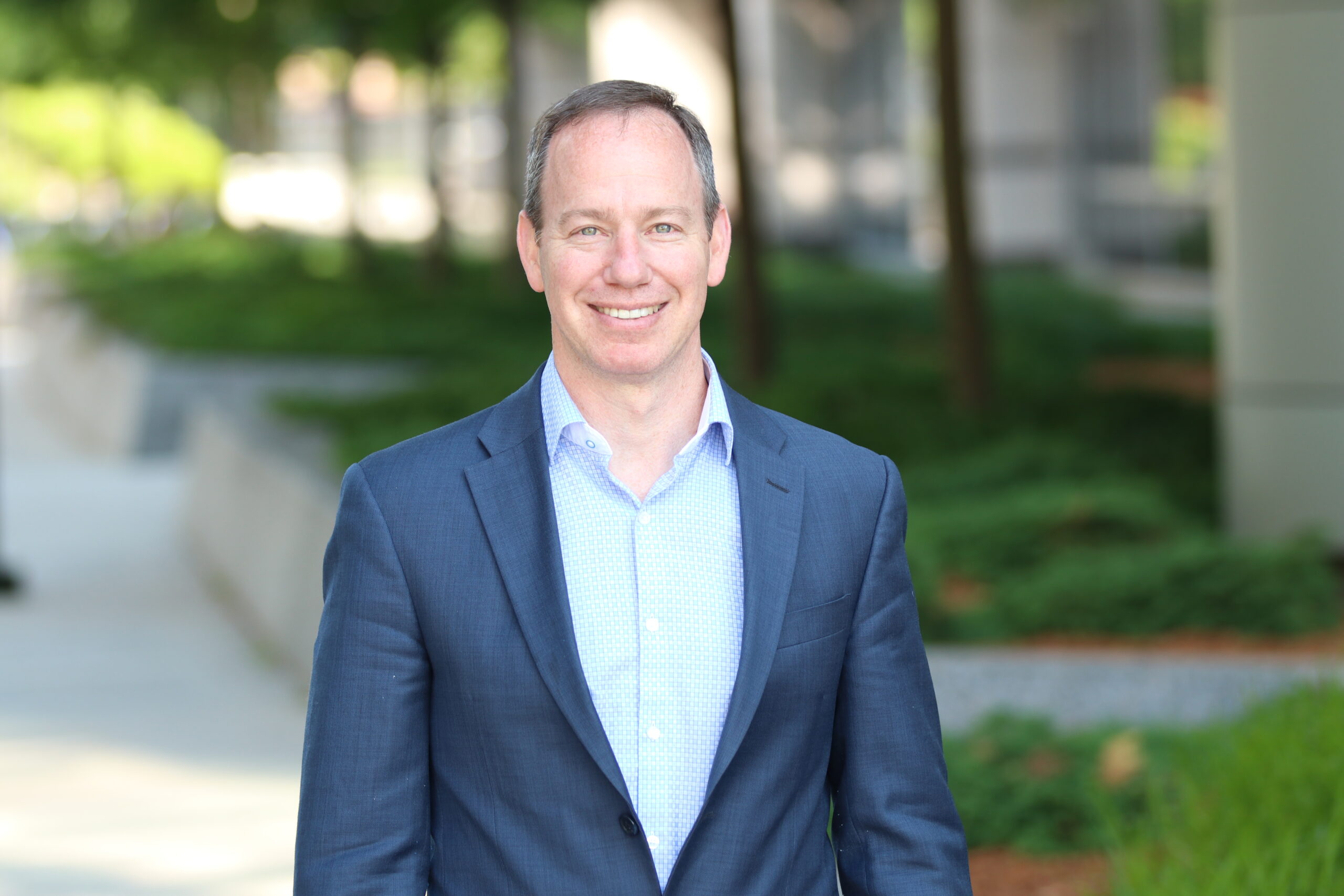
Larry Rhein, MD, MPH, joined the faculty at UMass Chan Medical School in June 2016. He is an Associate Professor of Pediatrics and Chair of the Department of Pediatrics. Dr. Rhein is board-certified in both pediatric pulmonology and neonatology. He is a health services researcher with a focus on respiratory outcomes of neonatal lung disease and is a national expert on lung disease of prematurity. Dr. Rhein runs a research program focused on optimizing respiratory status in infants with severe lung diseases, particularly infants who are technology- or oxygen-dependent. He has pioneered several protocols for safe outpatient oxygen weaning, which allows infants to be discharged from the neonatal intensive care unit much earlier. Through clinical trials and analysis of physiological data, Dr. Rhein hopes to develop new strategies to prevent and treat neonatal and pediatric lung disease.
Michelle Trivedi, MD, MPH, is a pediatric pulmonologist and clinician-scientist who studies sustainable community-based interventions that seek to improve asthma health for children. She is an Associate Professor of Pediatrics and Population Quantitative Health Sciences at UMass Chan Medical School. Dr. Trivedi is Principal Investigator on a National Institutes of Health (NIH)-funded clinical trial of Asthma Link, a clinic-school partnership that delivers school-supervised asthma therapy to children with poorly controlled asthma in 52 schools across Massachusetts.
With a focus on sustainable, pragmatic interventions, she has developed a novel methodology for stakeholder engagement, grounded in implementation science, that elicits input from children, parents, pediatricians, community and systems-level stakeholders (payors, legislators, and public health officials) in order to adapt evidence-based interventions to real-world settings. The ultimate goal of this methodology and her work is to develop interventions that produce positive public and population health impact, particularly for historically marginalized populations.
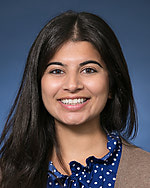
Michelle Trivedi, MD, MPH, is a pediatric pulmonologist and clinician-scientist who studies sustainable community-based interventions that seek to improve asthma health for children. She is an Associate Professor of Pediatrics and Population Quantitative Health Sciences at UMass Chan Medical School. Dr. Trivedi is Principal Investigator on a National Institutes of Health (NIH)-funded clinical trial of Asthma Link, a clinic-school partnership that delivers school-supervised asthma therapy to children with poorly controlled asthma in 52 schools across Massachusetts.
With a focus on sustainable, pragmatic interventions, she has developed a novel methodology for stakeholder engagement, grounded in implementation science, that elicits input from children, parents, pediatricians, community and systems-level stakeholders (payors, legislators, and public health officials) in order to adapt evidence-based interventions to real-world settings. The ultimate goal of this methodology and her work is to develop interventions that produce positive public and population health impact, particularly for historically marginalized populations.
Meg Parker, MD, MPH, is an Associate Professor of Pediatrics and Chief of the Division of Neonatology at UMass Chan Medical School and UMass Memorial Children’s Medical Center. Dr. Parker is a neonatal health services researcher and holds several federal and foundation grants in the area of social disparities in preterm birth outcomes; she has a particular interest in safe sleep and breastfeeding.
Dr. Parker is also an expert in multi-site implementation science and is the Co-Chair of the Neonatal Quality Improvement Collaborative of Massachusetts and an Improvement Advisor from the Institute of Healthcare Improvement. She has led multi-site NICU quality improvements focused on breastfeeding and family engagement. Dr. Parker applies a health equity lens to her local and multisite quality improvement projects.
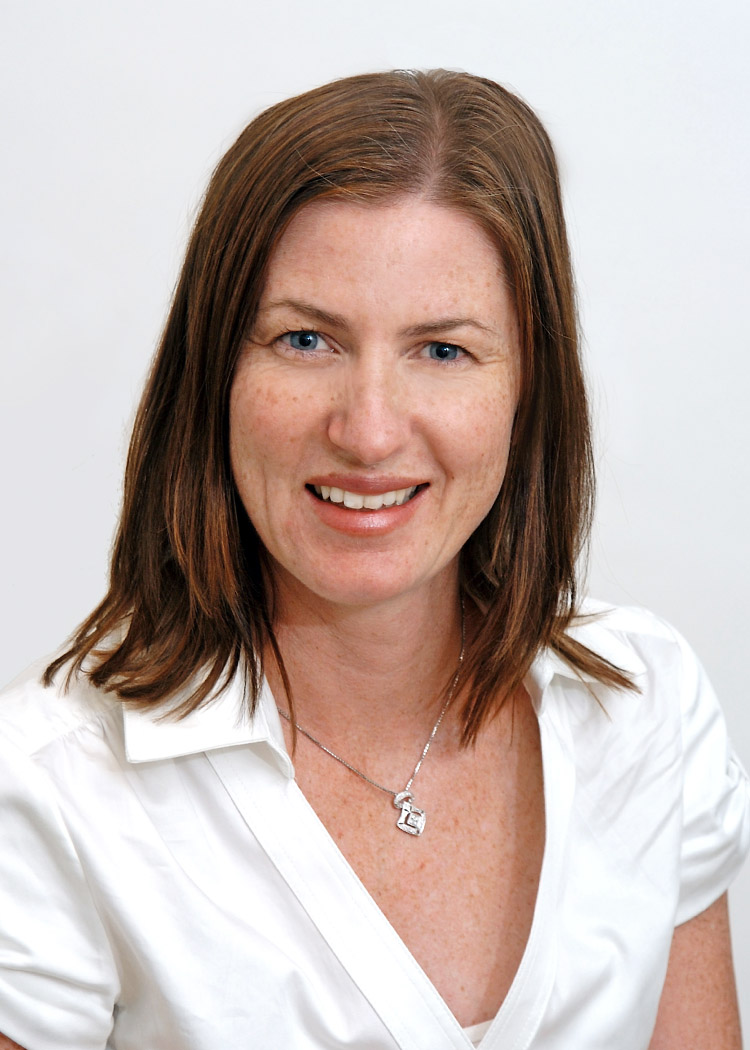
Meg Parker, MD, MPH, is an Associate Professor of Pediatrics and Chief of the Division of Neonatology at UMass Chan Medical School and UMass Memorial Children’s Medical Center. Dr. Parker is a neonatal health services researcher and holds several federal and foundation grants in the area of social disparities in preterm birth outcomes; she has a particular interest in safe sleep and breastfeeding.
Dr. Parker is also an expert in multi-site implementation science and is the Co-Chair of the Neonatal Quality Improvement Collaborative of Massachusetts and an Improvement Advisor from the Institute of Healthcare Improvement. She has led multi-site NICU quality improvements focused on breastfeeding and family engagement. Dr. Parker applies a health equity lens to her local and multisite quality improvement projects.

Nisha Fahey, DO, MSc, is an Assistant Professor at UMass Chan Medical School in the Division of General Pediatrics and a faculty member in the Child Health Equity Center with a focus on global health. Dr. Fahey leads an institutional collaboration with an academic tertiary care center in rural western India focused on research capacity strengthening and community engagement to identify and reduce barriers to care and health inequities in rural community settings. Through this collaboration, she has led the implementation of several research projects in India; recent projects have focused on maternal-child health and social determinants of health. In addition, she is passionate about exploring how digital technologies can be used to reduce health inequities.
Dr. Fahey is an NIH-funded Career Development (K Award) Scholar and her current research focuses on developing ways to promote the practice of Kangaroo Care among mother-neonate dyads post-discharge in local and international settings.
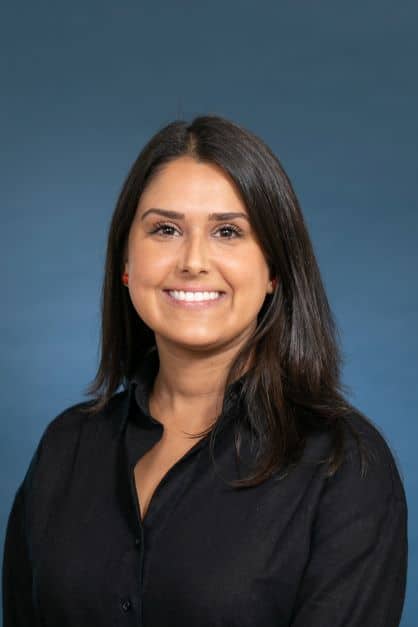
Nisha Fahey, DO, MSc, is an Assistant Professor at UMass Chan Medical School in the Division of General Pediatrics and a faculty member in the Child Health Equity Center with a focus on global health. Dr. Fahey leads an institutional collaboration with an academic tertiary care center in rural western India focused on research capacity strengthening and community engagement to identify and reduce barriers to care and health inequities in rural community settings. Through this collaboration, she has led the implementation of several research projects in India; recent projects have focused on maternal-child health and social determinants of health. In addition, she is passionate about exploring how digital technologies can be used to reduce health inequities.
Dr. Fahey is an NIH-funded Career Development (K Award) Scholar and her current research focuses on developing ways to promote the practice of Kangaroo Care among mother-neonate dyads post-discharge in local and international settings.
Sarabeth Broder-Fingert, MD, MPH, is a pediatrician and implementation scientist who studies early diagnosis and treatment for autistic children and children with other developmental, behavioral, and/or mental health disorders. She is Vice Chair for Clinical Research in Pediatrics and Associate Director for Research at the Eunice Kennedy Shriver Center at UMass Chan Medical School. Dr. Broder-Fingert is Principal Investigator on multiple National Institutes of Health (NIH)-funded awards focused on testing and/or evaluating the implementation of autism interventions. Dr. Broder-Fingert has published more than 60 peer-reviewed manuscripts and serves as an editor for the Autism and Hospital Pediatrics journals.
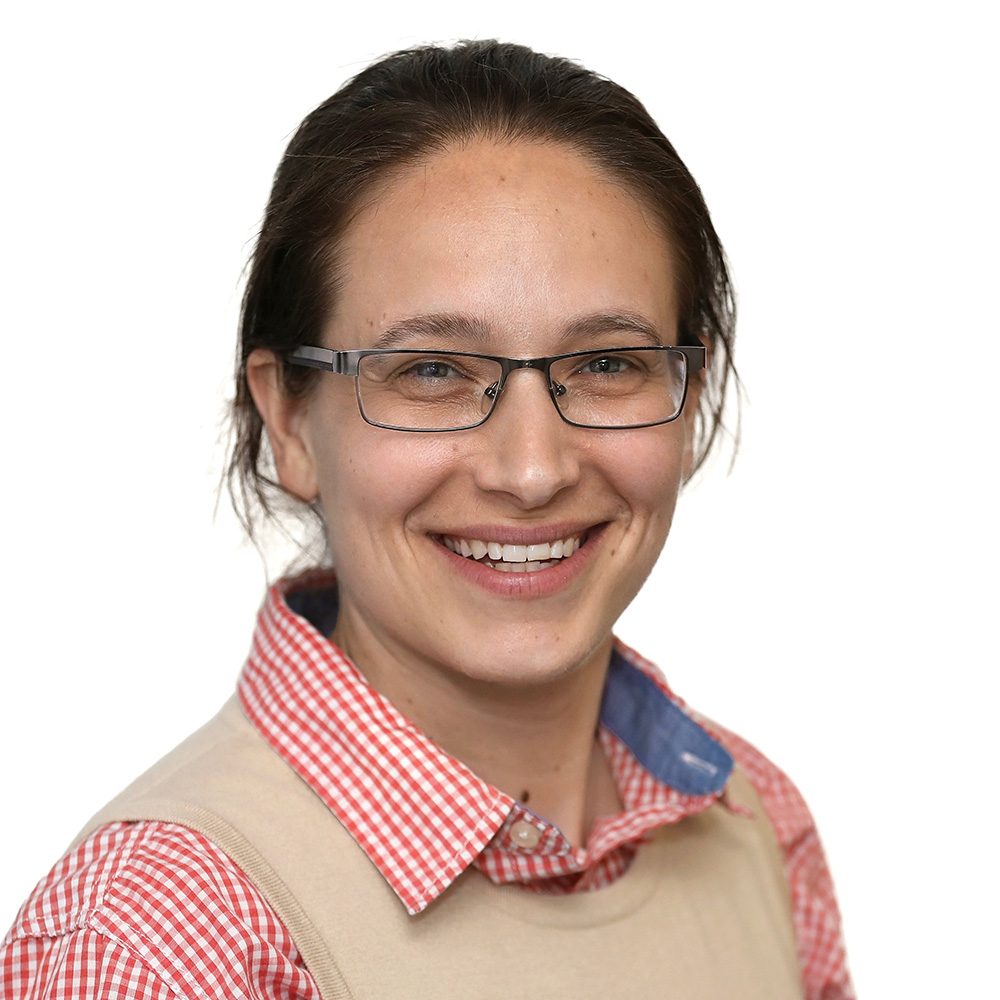
Sarabeth Broder-Fingert, MD, MPH, is a pediatrician and implementation scientist who studies early diagnosis and treatment for autistic children and children with other developmental, behavioral, and/or mental health disorders. She is Vice Chair for Clinical Research in Pediatrics and Associate Director for Research at the Eunice Kennedy Shriver Center at UMass Chan Medical School. Dr. Broder-Fingert is Principal Investigator on multiple National Institutes of Health (NIH)-funded awards focused on testing and/or evaluating the implementation of autism interventions. Dr. Broder-Fingert has published more than 60 peer-reviewed manuscripts and serves as an editor for the Autism and Hospital Pediatrics journals.
Alison LeBlanc, MS, PMP, is an experienced development strategist and child health equity advocate with over a decade of experience designing and implementing initiatives to address adverse social determinants of health. Ms. LeBlanc subscribes to the philosophy “nothing about us without us.” To this end, she has extensive experience fostering bidirectional community partnerships and coalition building. She also has a strong track record of building sustainable centers of excellence in safety-net healthcare systems.
As a disability and chronic disease self-advocate, Ms. LeBlanc has spent years redefining what it means to promote inclusivity and belonging and is dedicated to continually raising the bar for herself and her colleagues. Ms. LeBlanc completed her undergraduate degree at Wesleyan University and completed her master’s in communications at the S.I. Newhouse School of Public Communications at Syracuse University.

Alison LeBlanc, MS, PMP, is an experienced development strategist and child health equity advocate with over a decade of experience designing and implementing initiatives to address adverse social determinants of health. Ms. LeBlanc subscribes to the philosophy “nothing about us without us.” To this end, she has extensive experience fostering bidirectional community partnerships and coalition building. She also has a strong track record of building sustainable centers of excellence in safety-net healthcare systems.
As a disability and chronic disease self-advocate, Ms. LeBlanc has spent years redefining what it means to promote inclusivity and belonging and is dedicated to continually raising the bar for herself and her colleagues. Ms. LeBlanc completed her undergraduate degree at Wesleyan University and completed her master’s in communications at the S.I. Newhouse School of Public Communications at Syracuse University.
Arvin Garg, MD, MPH, is a general pediatrician and clinician-scientist who studies addressing unmet social needs through family-centered healthcare system-based interventions. He is the Founding Director of the Child Health Equity Center and the Founding Program Director of the Program to Advance Training in Child Health Equity (PATH) Fellowship. He is currently a Tenured Professor of Pediatrics and Vice Chair of Health Equity at UMass Chan Medical School and UMass Memorial Children’s Medical Center. Dr. Garg is also Associate Chief Quality Officer for Health Equity for UMass Memorial Health.
Since 2009, Dr. Garg has been continuously funded by the National Institutes of Health (NIH) and has received extramural funding from private foundations. He is Principal Investigator or Co-Investigator on multiple NIH-funded awards focused on testing and/or evaluating the implementation of interventions addressing social needs. He has published over 125 peer-reviewed manuscripts and serves as Associate Editor for the Journal of Developmental & Behavioral Pediatrics. He was recently the Chair of the Health Care Delivery Committee for the Academic Pediatric Association (APA) and is the President-Elect for the APA.
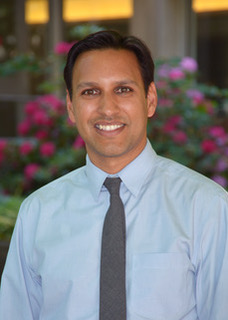
Arvin Garg, MD, MPH, is a general pediatrician and clinician-scientist who studies addressing unmet social needs through family-centered healthcare system-based interventions. He is the Founding Director of the Child Health Equity Center and the Founding Program Director of the Program to Advance Training in Child Health Equity (PATH) Fellowship. He is currently a Tenured Professor of Pediatrics and Vice Chair of Health Equity at UMass Chan Medical School and UMass Memorial Children’s Medical Center. Dr. Garg is also Associate Chief Quality Officer for Health Equity for UMass Memorial Health.
Since 2009, Dr. Garg has been continuously funded by the National Institutes of Health (NIH) and has received extramural funding from private foundations. He is Principal Investigator or Co-Investigator on multiple NIH-funded awards focused on testing and/or evaluating the implementation of interventions addressing social needs. He has published over 125 peer-reviewed manuscripts and serves as Associate Editor for the Journal of Developmental & Behavioral Pediatrics. He was recently the Chair of the Health Care Delivery Committee for the Academic Pediatric Association (APA) and is the President-Elect for the APA.